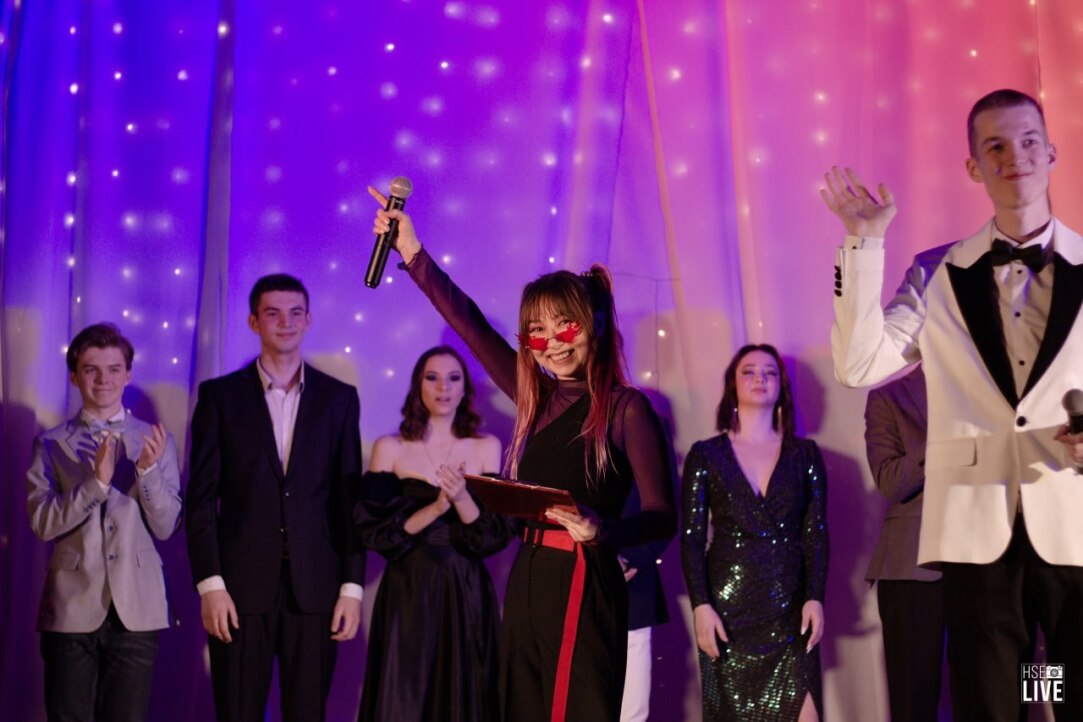‘Extracurricular Activities Define Student Life and Social Connections’

The extracurricular life of HSE University is renowned for its sports, entertainment, charity and social projects. From traditional events such as HSE Survival, HSE New Wave, HSE Greatest Show and HSE Fest to house concerts of music clubs, student initiations, and inter-campus meetings—each event garners attention from outside the university as well. Anna Blyakhman, Director of HSE Campus in Nizhny Novgorod, tells us how the university manages to maintain such a high level of events year after year, and the role of extracurricular activities in education.
—Every year, HSE Campus in Nizhny Novgorod hosts more than 200 events for students, most of which they organise on their own. Students are convinced that not only do the events not take up too much time, but, on the contrary, they inspire them and allow them to study with even more vigour and success. What is the secret?
—Extracurricular activities definitely do provide inspiration, because, to a large extent, they define student life and social connections. Students develop non-professional or trans-professional points of contact, acquaintances, and new channels for communications, all of which is very inspiring. I would disagree about it not taking up too much time, but therein lies a positive conflict. Extracurricular activities that interfere with studies and studies that interfere with extracurricular events force the student to make responsible decisions, define priorities, and manage their time more effectively. It improves communication competencies and other soft skills, thus enhancing the overall competitive advantage of those students involved.
—Why are HSE University’s extracurricular activities particularly well-known outside the university?
—I think that this is largely the result of our minimal institutional involvement. The basic principle is to give the students the opportunity to realise their plans. When you break through walls on your own, the value of the result is much greater for you.
I am now very happy to see active inter-campus working and interaction, which were not there before. Our student activists are vigorously engaged in all-university life.
—How do you see the extracurricular activities of a modern university?
—I am convinced that extracurricular activities can be a tangible part of a student’s life, and, indeed, that they should be representative of the university’s vales. They cannot exist separately from the educational process and the student’s curricular activities, because, after all, they are a part of life.
Therefore, extracurricular activities are, firstly, a mechanism for the development of students’ soft skills, secondly, they operate as a networking tool, and thirdly, they provide an additional opportunity for a student to believe in themselves, get support from friends and university management, and test and reassure themselves of their abilities and strengths.
I would like to see various extracurricular initiatives overlap with the guidelines that the faculties and the university as a whole choose for themselves, and contribute to a sense of pride and responsibility for their university among students.
—Do you have a favourite story from your own student years that you would like to share?
—I graduated from Nizhny Novgorod State Technical University, Applied Mathematics and Informatics programme. What I remember most vividly is our first year trip to St. Petersburg for the May holidays. We organised the trip for ourselves, found a guide, and planned our accommodation and transportation.
Right from the beginning, the trip did not go as planned, but it was a lot of fun nevertheless. We did not have smartphones back then, of course, and had not checked the weather. When we left Nizhny Novgorod in late April in rather hot weather, we were wearing shorts and T-shirts. Upon arrival, we were met with approximately 5 degrees Celsius, a downpour and sleet in our faces. On top of that, the dormitory, which we had to walk to on foot carrying our luggage across the city, did not have any hot water…
Basically, beautiful St. Petersburg was a survival challenge. But survive we did, and had a ton of fun. I fell in love with St. Petersburg and even defended my PhD there.
—Any words of encouragement for students in 2023?
—I feel like all our extracurricular activities are characterised by humanity and warmth. I would like to believe that this is the trademark of HSE Campus in Nizhny Novgorod. In 2023, I would like our students to continue upholding the honour of their university at both regional and federal levels, maintaining this trademark warm-heartedness. If students have the need for feedback from faculty or university management, my door and the doors of my colleagues are always open.

